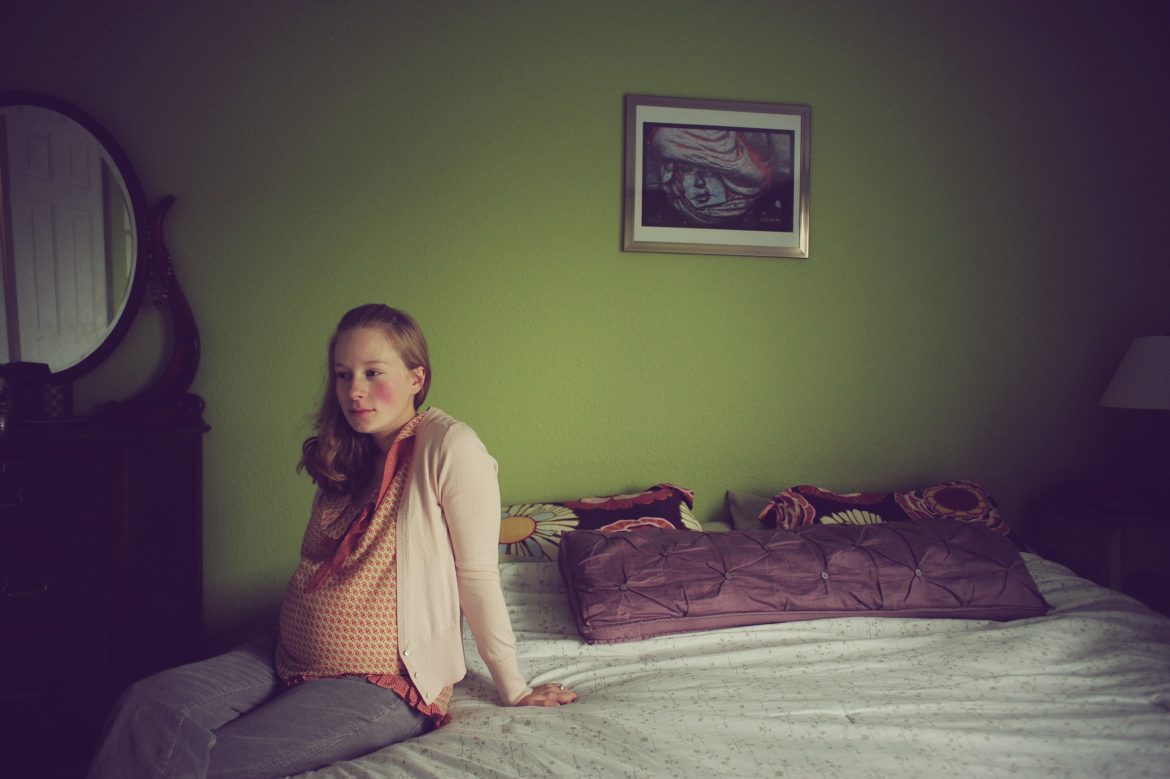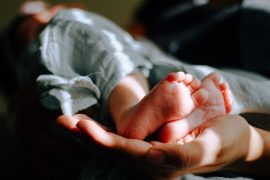By Dr Kumari Valentine
Once upon a time, there was a fairy princess. She lived in a beautiful rose garden, because, as everyone knows, fairies live in gardens. The princess had watched humans for some time and longed to know what it was like to be one. She begged and begged her people to let her become a human. They said they could not manage without her and did not want her to go. She continued to look longingly at the humans, wondering what it would be like, to be in their world.
One day, when her people saw how sad she was, they agreed that she could go, “but only for a short while”. With the help of some powerful magic from the sun, stars and moon, the fairies helped the princess become a tiny human girl and put her in the tummy of a mummy. The mummy and daddy who were her human family had longed for a little baby and they were chosen very, very carefully. The fairies knew she did not have long as a human so they wanted a mummy and daddy who would love their precious princess from the very first moment she was with them, even if they couldn’t yet see her.
Stories are powerful vehicles for creating meaning. In my work as a clinical psychologist, one of my tasks is helping people create meaning out of experiences that are beyond comprehension. Our brain struggles to process and file away events that make no sense and continues to present the information to us. In the case of trauma, these unprocessed memories can cause flashbacks, nightmares and intrusive thoughts. In my work, I am saddened to see how many women (and men) have traumatic experiences (although they may not label them as such), associated with birth-related grief. Part of the issue, I suspect, is that we live in a society that does not acknowledge, validate, or even have the language, to talk about birth-related loss and trauma.
The mummy and daddy were overjoyed to have their little girl with them in the mummy’s tummy. They called her Chippie and sang to her, talked to her and read her lots of stories. She moved differently when it was her mummy or daddy talking to let them know she recognised both of them. She loved music and moved in time to it.











